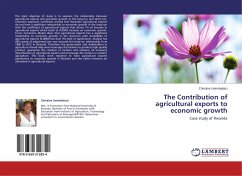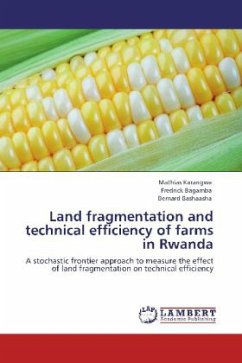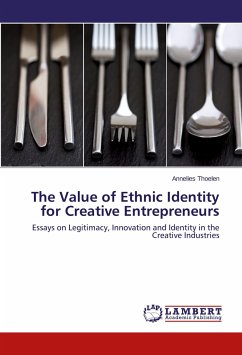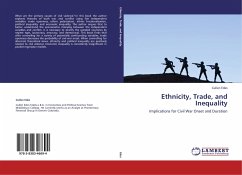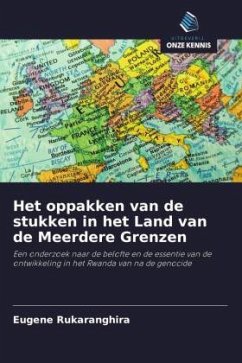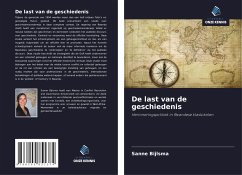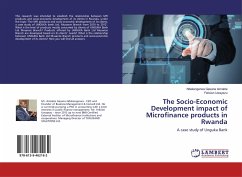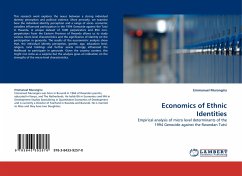
Economics of Ethnic Identities
Empirical analysis of micro level determinants of the 1994 Genocide against the Rwandan Tutsi
Versandkostenfrei!
Versandfertig in 6-10 Tagen
32,99 €
inkl. MwSt.

PAYBACK Punkte
16 °P sammeln!
This research work explores the nexus between a strong individual identity perception and political violence. More precisely, we examine how the individual identity perception and a range of socio- economic variables influenced participation in the 1994 Genocide against the Tutsi in Rwanda. A unique dataset of 1000 perpetrators and 894 non- perpetrators from the Eastern Province of Rwanda allows us to study various micro-level characteristics and the significance of identity on the participation in genocide. The results of the econometric analysis show that, the individual identity perception,...
This research work explores the nexus between a strong individual identity perception and political violence. More precisely, we examine how the individual identity perception and a range of socio- economic variables influenced participation in the 1994 Genocide against the Tutsi in Rwanda. A unique dataset of 1000 perpetrators and 894 non- perpetrators from the Eastern Province of Rwanda allows us to study various micro-level characteristics and the significance of identity on the participation in genocide. The results of the econometric analysis show that, the individual identity perception, gender, age, education level, religion, land holdings and further assets strongly influenced the likelihood to participate in genocide. Given the country context, this might not come as a surprise but the analysis gives an indication on the strengths of the micro-level characteristics.



